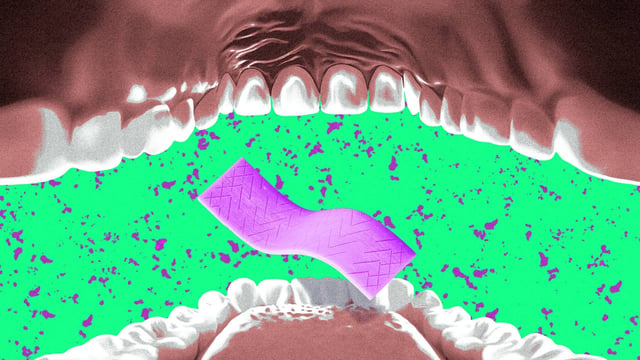Overview
- A UCLA study presented at the American Chemical Society's spring meeting found that chewing gum releases hundreds to thousands of microplastic particles into saliva, which are likely ingested.
- Both synthetic and natural gums release similar amounts of microplastics, challenging assumptions about their composition.
- Most microplastics are released within the first two minutes of chewing, with 94% released by eight minutes, according to the study's findings.
- Frequent gum chewers could ingest tens of thousands of microplastic particles annually, though the health effects of such exposure remain unclear.
- Discarded chewing gum contributes to environmental plastic pollution, adding to the broader issue of microplastic contamination.



